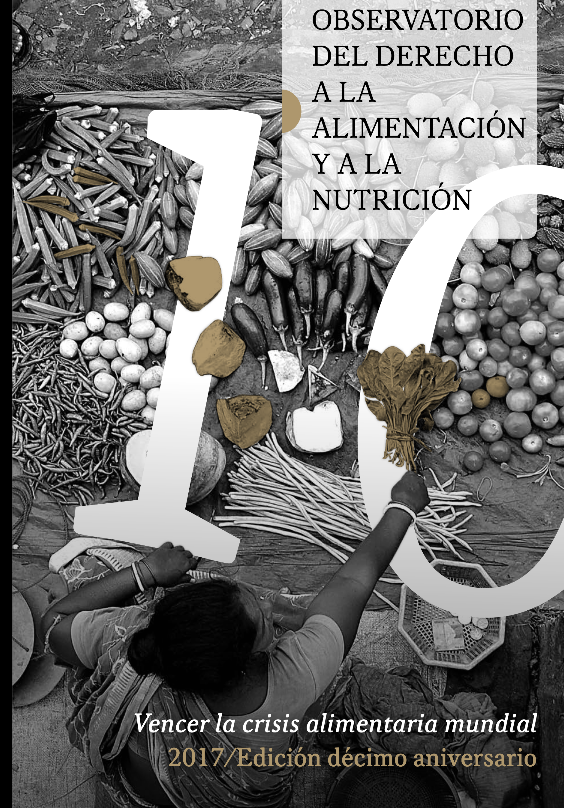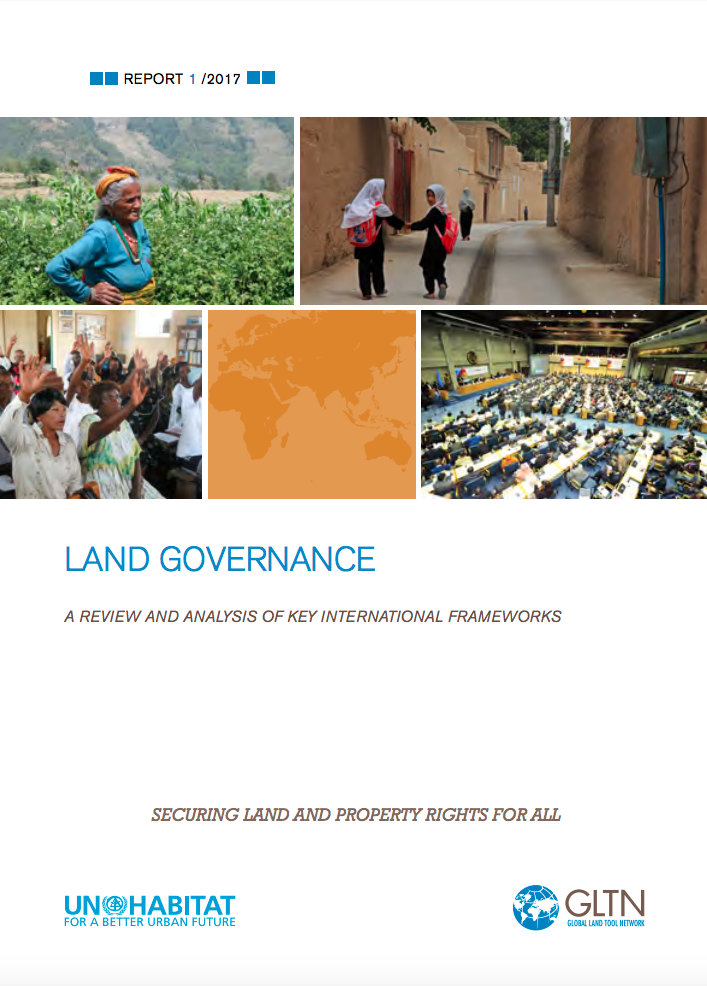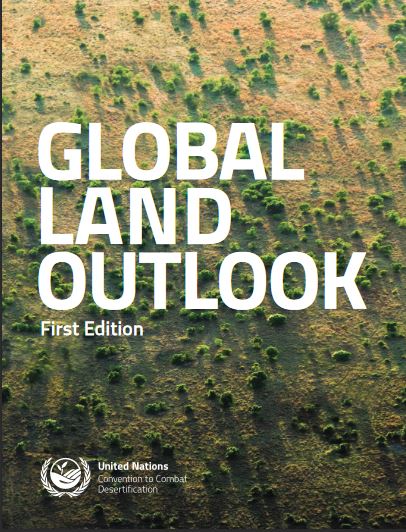Farmers improve food and nutritional security through agroecology in Mozambique
For over a decade ActionAid Mozambique (AAMoz) has worked with strategic partner organisations in the south and north-east of the country to promote agroecology initiatives with 80 farmers’ associations consisting of over 8000 farmers. 96% of the members are women and 30% of them young people, cultivating an average of 90.9 hectares per association and striving to improve agricultural production.










